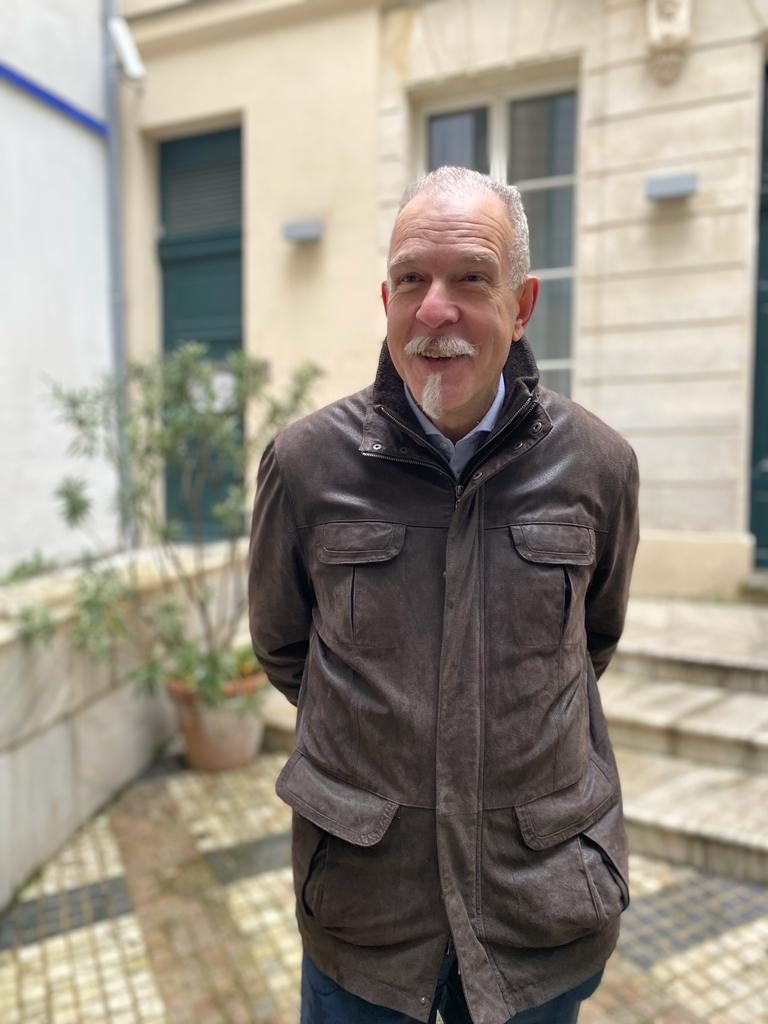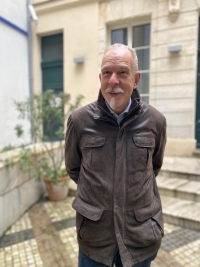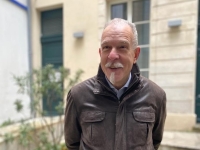Being part of Sokol already means being involved in politics, even if you get together to play volleyball or cards, or even eat knedlíky

Stáhnout obrázek
Olivier Lichý is a French magistrate born in Paris in 1960. His father is Czech, from Znojmo [South Moravia], and his mother is French, from Paris. He tells the story of his father, a political opponent who fled the overthrow of the third Czechoslovak republic after the arrival of a communist regime in February 1948. After arriving in France, his father quickly joined the Sokol de Paris, a sports and patriotic association in which anti-Communist Czech refugees met. Olivier also took part in Sokol activities from the age of 13, practising volleyball, gymnastics and Czech folk dancing. He also recounts his childhood trips to Czechoslovakia, from 1967 onwards, where he became aware of living under a dictatorial regime. In 1986, he took part in a slet [mass gathering] organised in Zurich, then in Paris in 1990 and in Prague that same year, just after the fall of the Communist regime. Translated by DeepL

